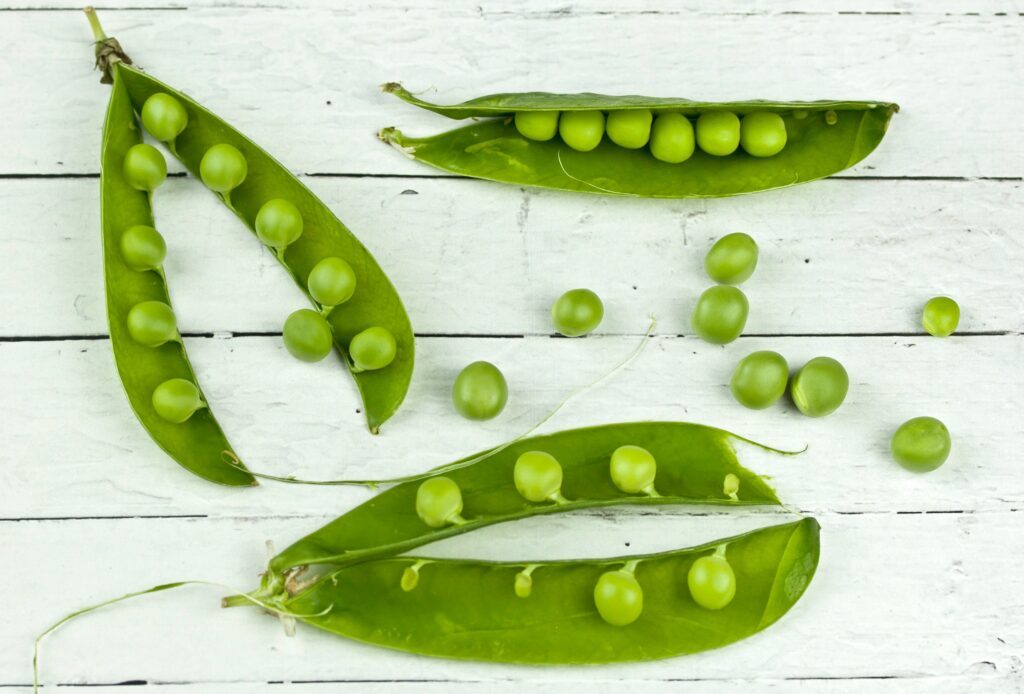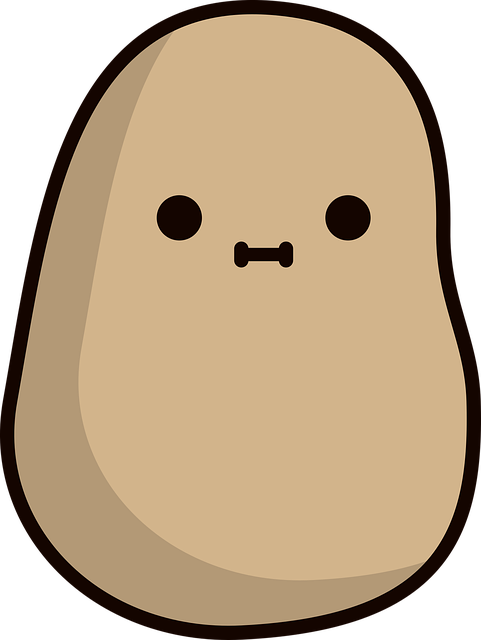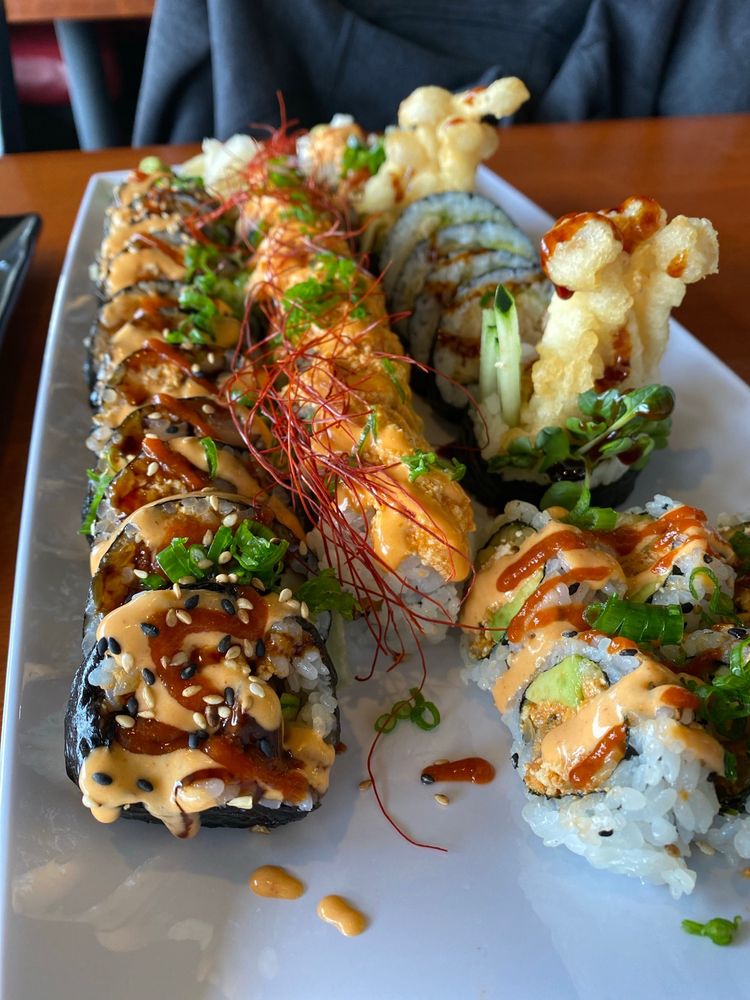Pea protein has seen a serious boom over the last five years, becoming readily available in almost any grocery store and a main ingredient in many vegan protein blends. This rise comes as recent studies have found pea protein to be the best vegan protein due to it’s contribution to muscle growth, easy digestibility, and nutritionally complete profile.
Pea protein is the protein extracted from yellow and green split peas. This may seem odd at first, as peas are not seen as a primary protein source, but when extracted they actually have a great nutritional profile and amino acid composition. This factor is also why pea protein is often the first or second ingredient in many fake/replica vegan meats.
Pea Protein’s Nutritional Profile
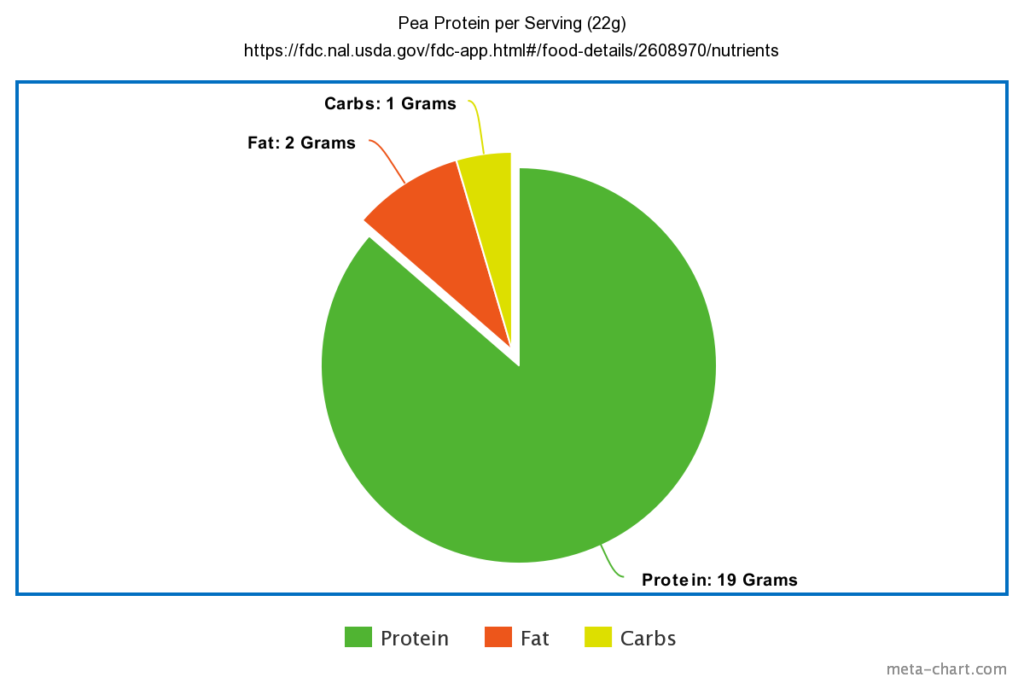
One 22 gram serving of pea protein contains 100 calories with 19 grams of protein, 2 grams of fat, 1 gram of carbs, and 5 mg (28% DV) of Iron1.
Amino Acids are the basic molecules which all living things use to make protein. There are 20 that humans need, and 9 of which must be ingested through diet (“essential amino acids”). All protein sources have different amounts of amino acids, and one typical drawback of plant proteins is that they are not often “complete,” meaning they don’t always have all the essential amino acids you need (they are usually low in one). Pea protein, in contrast, is not only a complete protein, but is high in the three most important amino acids (known as BCAAs) for muscle synthesis and repair2.
Pea protein is particular is a gold standard protein because it ticks every important box: high in protein, high in important amino acids, not allergenic, easy to digest, often inexpensive.
Easy Digestion and Feeling Full
Pea protein is a great choice for those that are looking for an easy-to-digest protein that leaves you feeling full. Of all plant-based proteins, pea has the highest rate of absorption3. It is also low in antinutrients, which bind to vitamins/protein and prevent absorption, and is not a major allergen, making it an even better choice for those with soy or milk allergies.
One less commonly known fact is that pea protein is one of the best foods for satiety (feeling full), meaning it’s particular advantageous to consume for athletes that are looking to maintain or reduce weight while consuming sufficient protein. A 2020 study that compared pea and whey protein found that there was no difference in energy expenditure between pea and whey protein, but those that consumed pea protein resulted in a “modest increased in satiety.”4
Pea Protein Vs Whey Protein
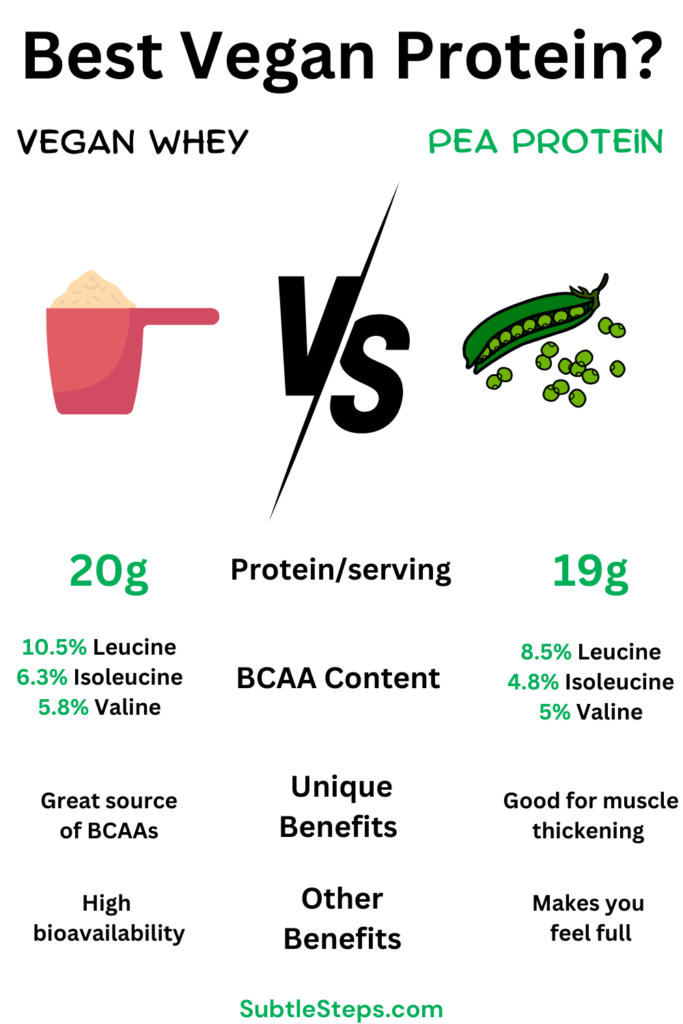
Pea protein is clearly a standout protein source, but many skeptics will wonder: how does it compare to whey protein, the gold standard of the animal industry?
The answer: pea protein is equal to whey protein in most areas. It is worse in a few (slightly less bioavailable, and whey has a slightly more complete amino acid profile) and better in a few (pea protein is more satiating than whey, is not allergenic, and is much more cost-effective.) Ultimately, the two protein sources are very comparable, but purchasing whey protein means supporting the awful cruelty and environmental damage of the animal industry — a big reason to make the conscious consumption choice and go with pea.
Note: If you do want to consume whey protein, you can actually purchase animal free whey protein. It is vegan, but not plant-based. The whey is created from flora fermentation, and no cows are involved. You can read more about this awesome product on perfect day’s website.
A more detailed comparison between Pea and Whey Protein
Both protein sources contain high amounts of the important amino acids. Whey has slightly more leucine and is slightly more bioavailable, whereas pea has more arganine which is important for muscle thickening5. A 2015 study found no difference in muscle thickeness between vegetable pea protein and whey protein, noting that both groups had significant increases over the placebo, with gains being particularly pronounced in those that were new or returning to training.6
In terms of digestion and absoroption, it’s a similar story. Pea protein was found to have a greater increase in satiety (feeling full after eating), while having no difference in energy expenditure, when compared to whey protein10 — making it a great option for curbing appetite creep. In contrast, a few of the amino acids in whey protein are abosrbed slightly better than in pea, though the overall digestion and nutrients retained were found to be very similar.8,9
Pea Protein Vs. Other Vegan Proteins

One major reason that pea protein is frequently touted as the best plant protein is because of it’s high leucine content and absorption rate. Leucine is arguably the most essential amino acid for protein synthesis, and pea protein ranks highly in both leucine absorption and content.6
The reality is that most other plant protein powders come up somewhat short when compared to pea protein. They are often either an incomeplete protein (missing one essential amino acid, usually lysine) or are less efficient as a protein source. That said, many other plant proteins serve as an incredible complement to pea protein. When pea and brown rice protein are mixed in a 70:30 ratio, the result is a protein blend with an extremely nutritionally complete amino acid blend. The same can be said of mixing pea and hemp.
The one plant protein source that is seen as a pea protein competitor is soy protein. Soy is a complete protein and high in BCAAs, and has been found to be a nutritional food source that can be consumed several times a week, if not more12. Yet despite the potential strength of consuming soy as a protein source, pea protein isolate wins out in nearly every form. You can check out this article by VivoLife that compares the two across broad categories.
Pea Protein can be inexpensive
One benefit of pea protein is that it can be very cheap to buy in it’s pure form, though there are certainly higher quality brands that can improve anything from taste, to texture, to the specific amino acid composition (some have higher methionine than others).
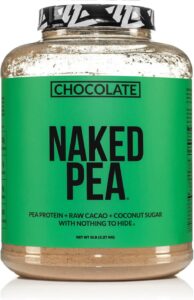
You can find cheap, unflavored/lightly flavored pea protein for less than $9/lb from brands like naked nutrition and nutricost. The one downside of buying cheaper proteins is that you can sometimes taste the “earthiness.”
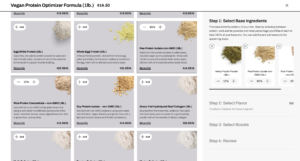
Or you can opt for something like truenutrition’s customized protein. Though a bit pricier, you can select both the protein blend (like 80% pea/10% hemp/10% brown rice) and flavor. It’s a great option for those that want to optimize their plant protein, as you even have the option to add supplements like ashwaganda, maca, reishi, and supergreens if you would like. This isn’t even an ad or affiliate link, they’re just a great product!
Conclusion
Pea protein isolate is the gold standard for plant based proteins. It is a complete protein high in BCAAs and arganine, contributing to high rates of muscle synthesis and digestion. It is an ethical product that does not harm animals and has a low environmental footprint. Pea protein is a particularly great source of protein for athletes who want to maximize efficient protein in-take. It can be inexpensive, is not a common allergen, and is a perfect complement to other whole food plant sources like tofu that are high in methionane.

